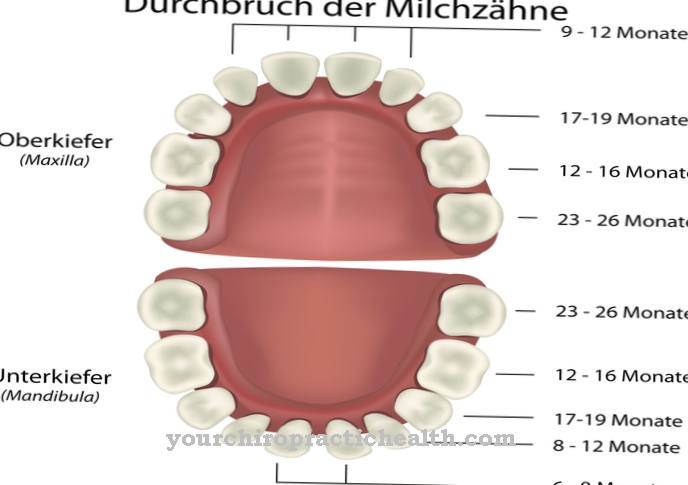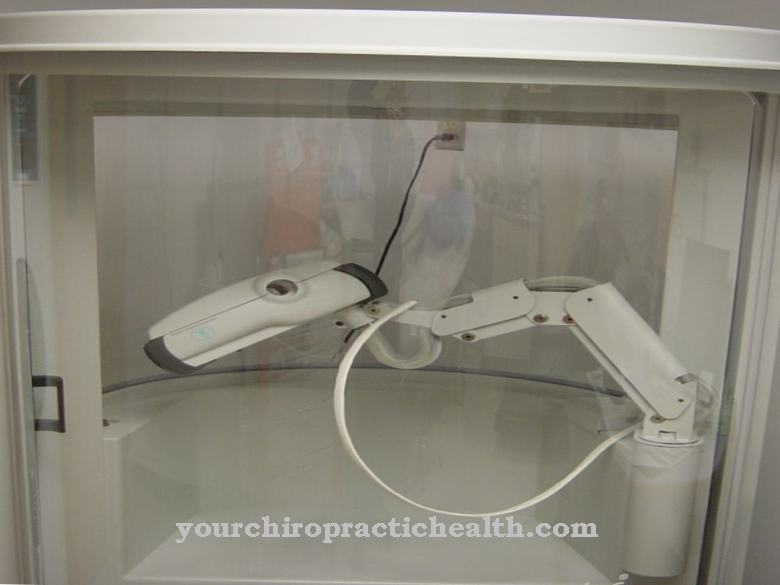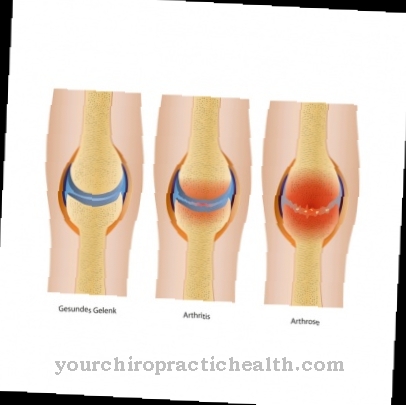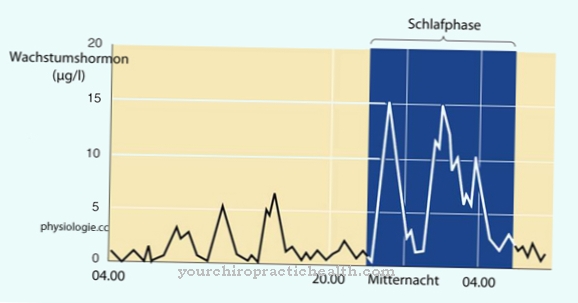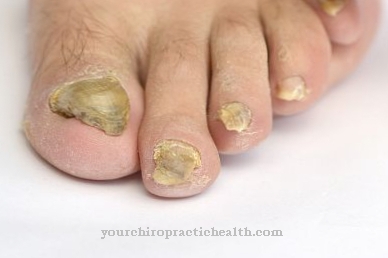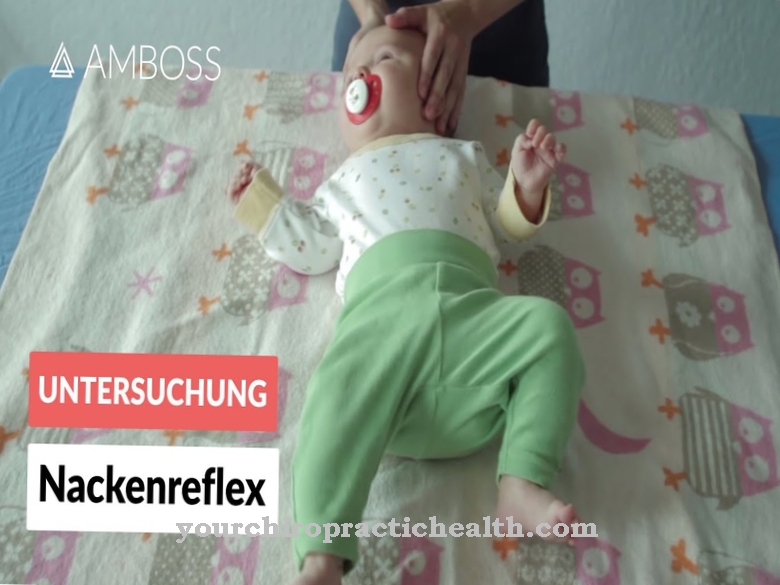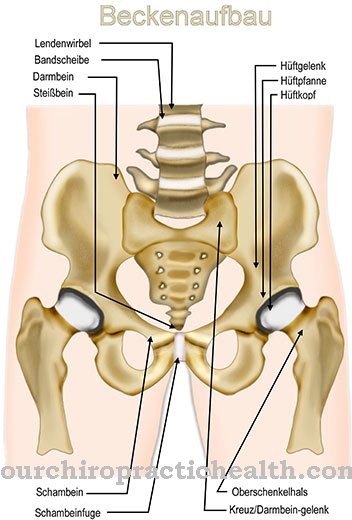Dental phobia: when a visit to the dentist becomes impossible.
For many people, going to the dentist is an almost insurmountable hurdle. The prospect of often painful treatments with unpleasant after-effects makes the visit less attractive. Three out of four people suffer from fear of the dentist, as reported by stern.de. In fact, when asked, most people say they think the visit to the dentist is the most uncomfortable visit to the doctor ever. Dental health is an important part of general wellbeing and should therefore receive the necessary attention.
But what to do when the fear is so great that a regular visit to the dentist is impossible? If routine check-ups or even necessary dental treatments are avoided out of fear, dental health can suffer greatly - and sooner or later your overall well-being and quality of life. Anyone who suffers from acute fear of the dentist should therefore not despair but face the problem. Modern medicine has developed different ways to deal with the dental phobia.
Not all fear is the same

Anyone who does not like going to the dentist quickly speaks of dental fear, also known as dental phobia. The forms of fear that patients feel before treatment at the dentist are very different. Often times, the root of the problem can be traced back to childhood. A particularly unpleasant or painful experience is often caused by fear of later treatments. But the aversion to the dentist's chair does not always have rational reasons and many people avoid visits to the dentist even though they have never had a negative experience themselves.
The fear of the dentist differs from patient to patient, especially with regard to the intensity and the consequences that arise from it. A lot of people are familiar with discomfort before going to a dentist's office. However, fear is not always to be referred to immediately, and most patients nevertheless regularly overcome their aversion in order to get their teeth the recommended routine examinations and necessary treatments.
On the other hand, experts speak of a real dental phobia when the fear becomes so great that the patient is no longer able to cope with a routine or even a necessary visit to the dentist. You accept severe pain yourself in order not to have to be treated. As a result, serious problems can remain undetected and lead to lasting and sometimes irreparable damage to the teeth, gums and jaw.
People who suffer from acute dental phobia usually gradually lose their quality of life due to a steadily deteriorating state of health. It is precisely then that it is important to work on yourself and your fear of the dentist and to overcome this with the support of experts.
Conquer the fear of the dentist
Dental phobia is a common problem. In Germany alone, around 5 million people suffer from the anxiety disorder, as the German Society for Dental Treatment Phobia reports. However, if the phobia leads to profound avoidance behavior, in which a visit to the dentist is avoided even with severe complaints, there is an urgent need for action.
In this case, behavior therapy accompanied by a psychologist, in which the anxious patient is gradually introduced to the dentist, is helpful. In discussions, the cause of the fear of the dentist is first explored. Often a negative experience preceded it or the dentist topic was negatively affected in childhood, for example because a parent passed on their fear of the dentist to the children. The cause of the phobia is then compared with rational reasons for visiting the dentist, which focus on one's own well-being and general health and the associated quality of life.
Only after this preparation does the actual introduction of the patient to the practice visit begin. For example, at the first appointment only a consultation with the treating doctor can take place so that the patient can build up a relationship of trust with him and feel that his fears are being taken seriously. This is central to successful anxiety therapy.
In a second step, the patient can be invited to the practice for a professional teeth cleaning, as this treatment is usually completely painless. If the visit to the dentist has lost its fright, the first necessary treatment can be carried out. It is important that the patient feels comfortable and respected with the atmosphere in the practice, the treating doctor and the other practice staff.
Dentistry itself has undergone tremendous development over the past decades and today offers patients advanced treatment methods that can ensure healthy teeth with little pain and work together with the patient to counteract dental phobia. There are even more and more dental practices that specialize in dealing with pain patients and anxiety patients and whose doctors and practice staff have completed additional training courses.
A new concept is the treatment in special clinics, which offer an inpatient stay and a treatment especially for dental patients with strong pain sensation and the associated dental phobia.
To the hospital for dental treatment?
It may seem strange to accept hospitalization for dental work alone. Aside from fear of the dentist, aversion to hospitals is one of the most common fears patients describe when it comes to their health.
In some cases, however, an inpatient stay can make sense, especially for people with a serious dental phobia. If you are looking for a dentist in Hamburg, for example, you will find one of the few practices in Germany that offers its patients not only a wide range of treatments in the usual outpatient manner but also inpatient admission to the dental clinic.
As a state-licensed private hospital, the ABC Bogen Dental Clinic has several operating theaters in which major operations can be performed under general anesthesia. This guarantees a painless initial treatment. Especially for pain-sensitive patients or people who suffer from dental phobia, general anesthesia can be a sensible alternative to local anesthesia, as treatment can then be carried out in complete rest.
In addition, the pain-free treatment leads to a positive experience, which can also help the patient to gradually overcome his fear of visiting the dentist.
You can find your medication here
➔ Toothache medication








